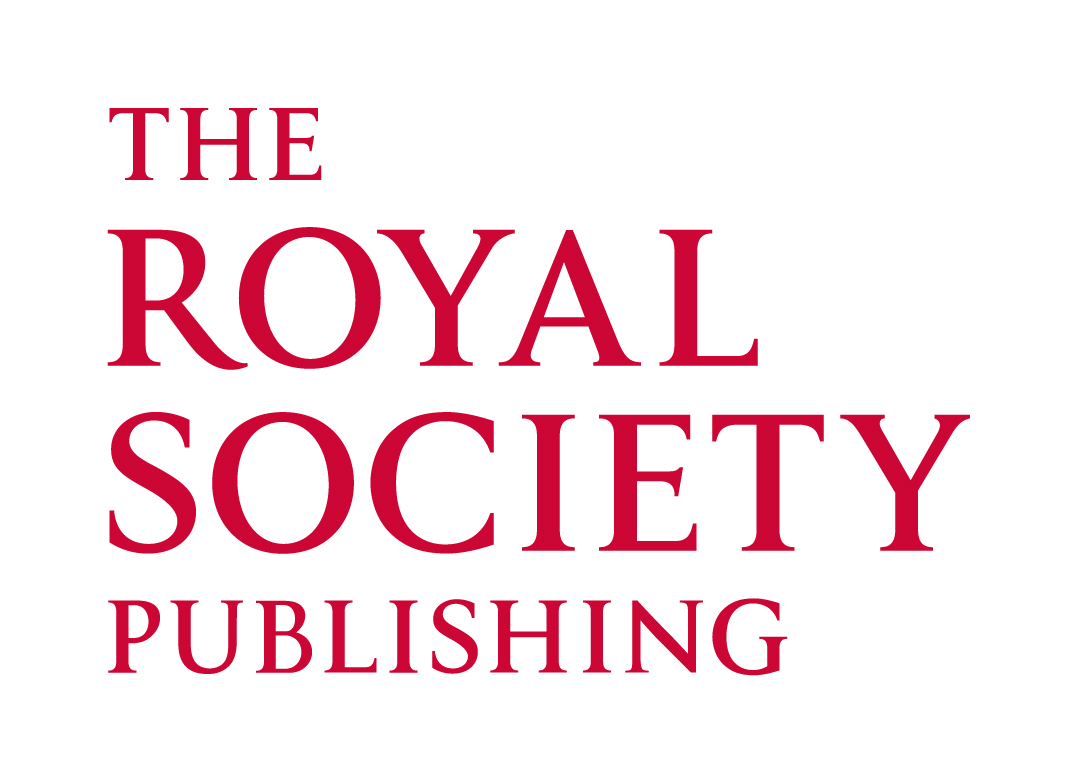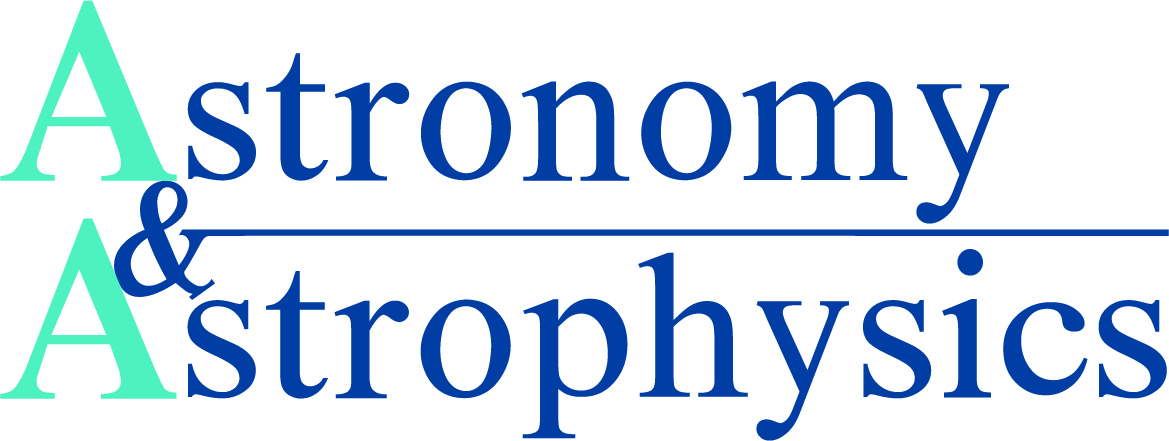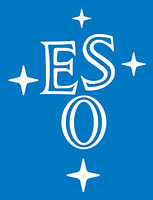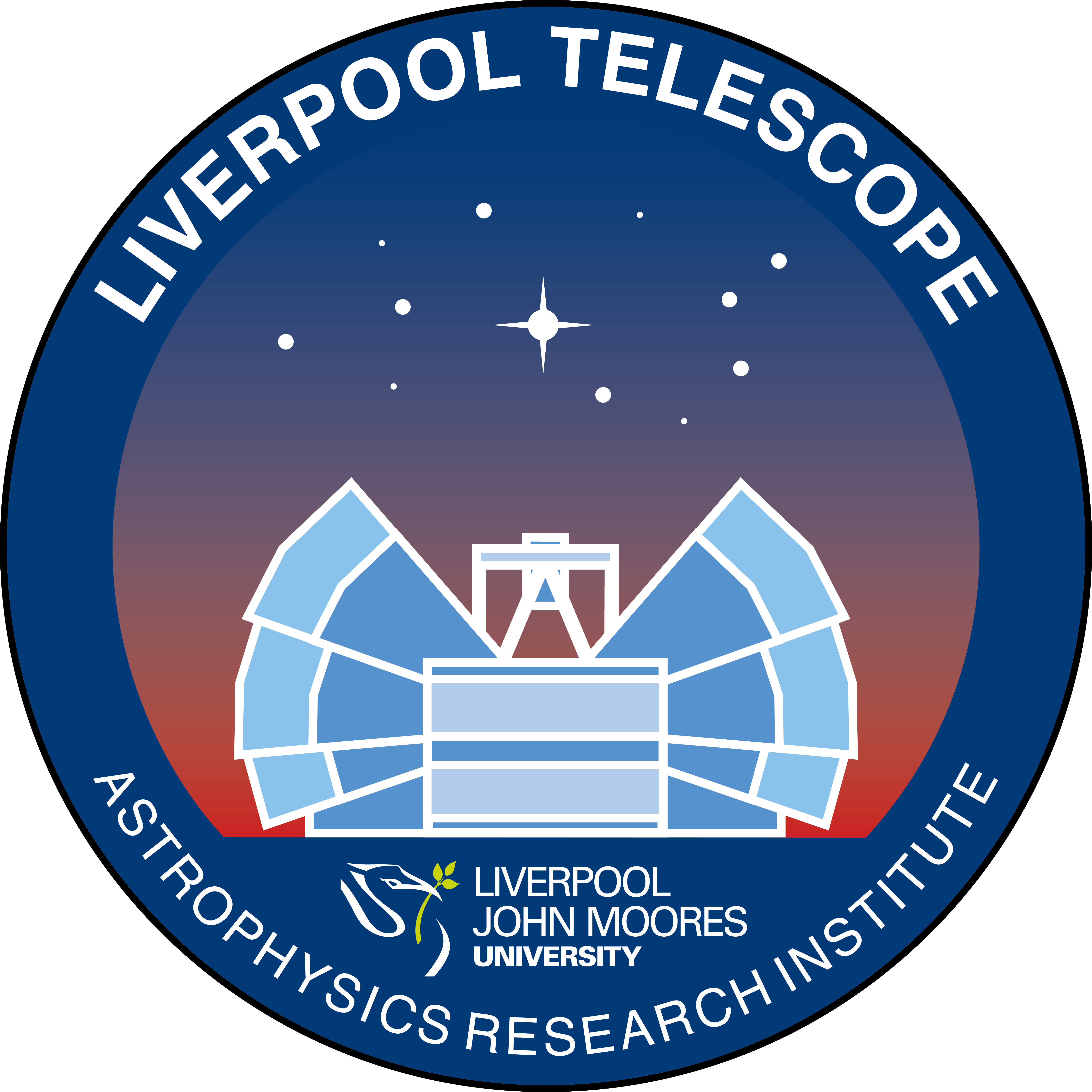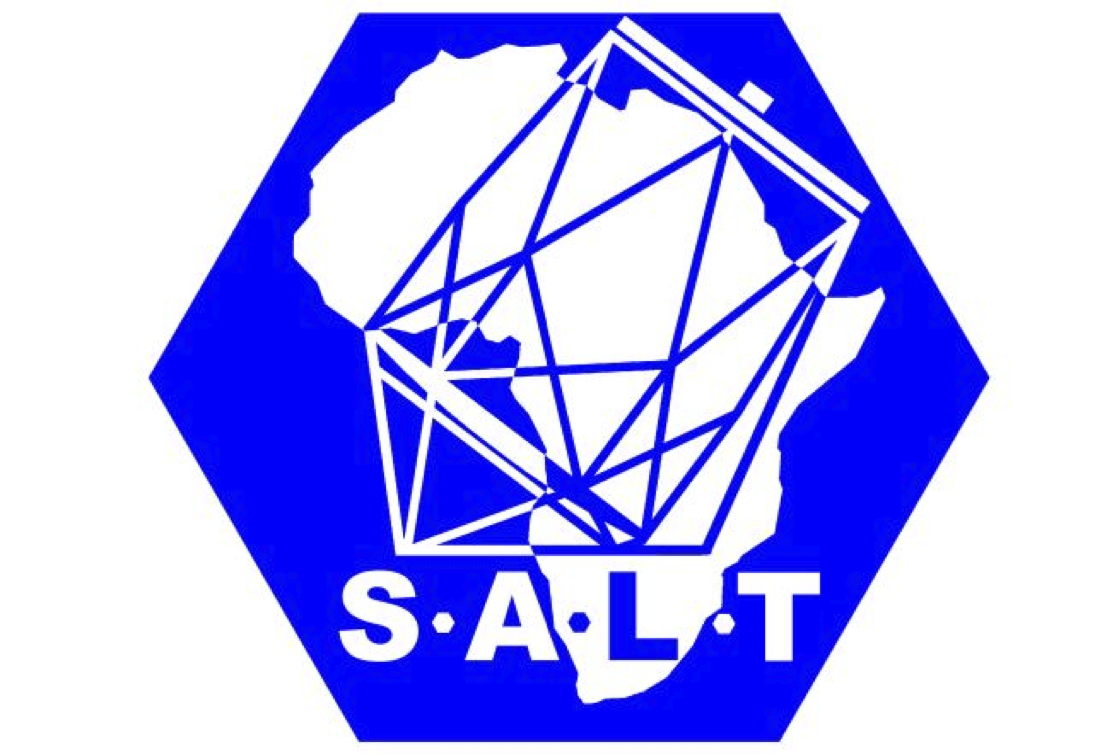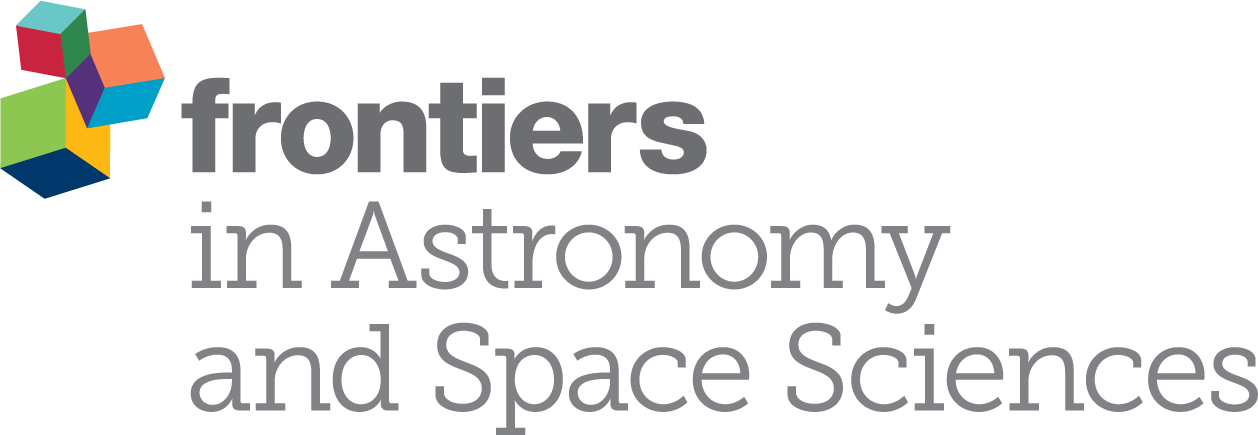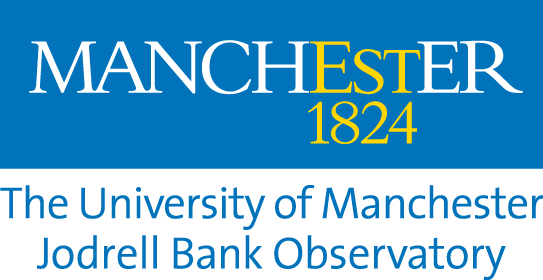Symposium S2
5 – 6 April 2018
Gaia: The billion-star galaxy census: at the threshold of Gaia data release 2
Aims and scope
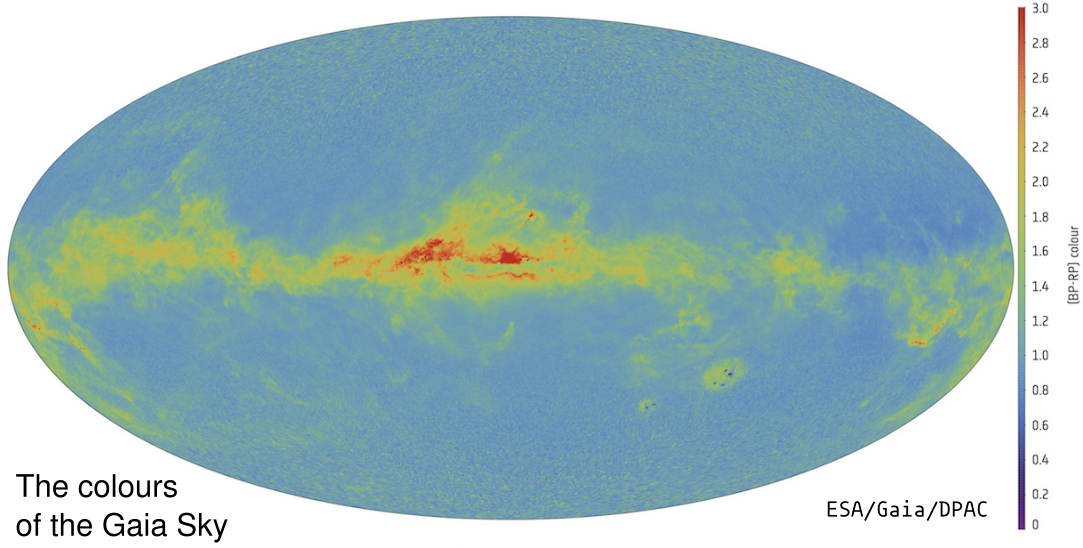 The ESA Gaia Billion Star Census of the Milky Way, will be released in Apr 2018 as the Gaia Data Release 2 (Gaia DR2). This release will contain full five parameter astrometry for ~1 billion sources, along with a wealth of associated data (such as magnitudes, colours, mean radial velocities for brighter objects, etc - see https://www.cosmos.esa.int/web/gaia/release for details). This will mark the next major milestone in the Gaia mission, following on from the Gaia Data Release 1 (Gaia DR1) in September 2016. Gaia is revolutionising our understanding of the formation history of the Milky Way, and will also have a significant impact on many other areas of astronomy ranging from solar system science to quasars.
The ESA Gaia Billion Star Census of the Milky Way, will be released in Apr 2018 as the Gaia Data Release 2 (Gaia DR2). This release will contain full five parameter astrometry for ~1 billion sources, along with a wealth of associated data (such as magnitudes, colours, mean radial velocities for brighter objects, etc - see https://www.cosmos.esa.int/web/gaia/release for details). This will mark the next major milestone in the Gaia mission, following on from the Gaia Data Release 1 (Gaia DR1) in September 2016. Gaia is revolutionising our understanding of the formation history of the Milky Way, and will also have a significant impact on many other areas of astronomy ranging from solar system science to quasars.
The key goals of this symposium will be for the Gaia/GREAT community (and especially early stage researchers) to present and discuss their science highlights resulting both the first release of Gaia data and in anticipation of the Gaia DR2. It will allow the Gaia project to update the science community with the latest scientific and technical performance of Gaia, looking ahead to the release of Gaia DR2.
GREAT (an initiative of the ESA Gaia Project, Gaia Science Team and Data Processing and Analysis Consortium (DPAC) Executive) is a pan-European research network involving over 1000 researchers in 20+ countries with a common interest in maximising the science potential of Gaia (http://www.great-esf.eu). GREAT has supported science activity in the form of over 60 conferences, workshops and schools together with numerous exchange visits (see http://great.ast.cam.ac.uk/Greatwiki/GaiaScienceMeetings). Its working groups cover topic areas where Gaia will have major impact (see http://great.ast.cam.ac.uk/Greatwiki/CategoryWorkgroups).
GREAT plenary meetings have run since 2009, allowing members of the GREAT and wider community to participate in a dynamic fashion. They are structured around Gaia updates, presentations from related organisations (e.g. ESO), reports from new initiatives, and new science results from the network activities.
This will be the 11th GREAT plenary (which since 2012 have been organised within the high impact EAS EWASS).
Programme
- Gaia DR1 Science I
- The Gaia Data Release 2: contents and validation
- Gaia / DPAC/ GREAT status
- Gaia DR1 Science II / Gaia DR2+ Science preparation
- Gaia networking: Galactic Structure
- Gaia networking: Stellar Astrophysics
Invited speakers
The speakers and programme will be available at the meeting website - see http://great.ast.cam.ac.uk/Greatwiki/GreatMeet-PM11
Scientific organisers
The co-Chairs are Anthony Brown (Leiden Observatory, Leiden University, NL), Nicholas Walton (Institute of Astronomy, University of Cambridge, UK), and Timo Prusti (ESTEC, ESA). The organising committee consists of the members of the Gaia Science Team and the DPAC Executive: Carine Babusiaux (Paris, FR), Coryn Bailer-Jones (Heidelberg, DE), Michael Biermann (Heidelberg, DE), Laurent Eyer (Geneva, CH), Carme Jordi (Barcelona, ES), Floor van Leeuwen (Cambridge, UK), Dafydd Wyn Evans (Cambridge, UK) Lennart Lindegren (Lund, SE), Xavier Luri (Barcelona, ES), Sergei Klioner (Dresden, DE), Francois Mignard (Nice, FR), Dimitri Pourbaix (Brussels, BE), Maria-Sofia Randich (Arcetri, IT), Paola Sartoretti (Paris, FR), Hassan Siddiqui (ESAC, ESA, ES), Caroline Soubiran (Bordeaux, FR), Chantal Panem (Toulouse, FR), Antonella Vallenari (Padova, IT); and Oscar Gonzalez (Edinburgh, UK), Pier-Emmanuel Tremblay (Warwick, UK)
Contact
Anthony Brown (brown @ strw.leidenuniv.nl)
Updated on Mon Nov 13 15:30:14 CET 2017
|
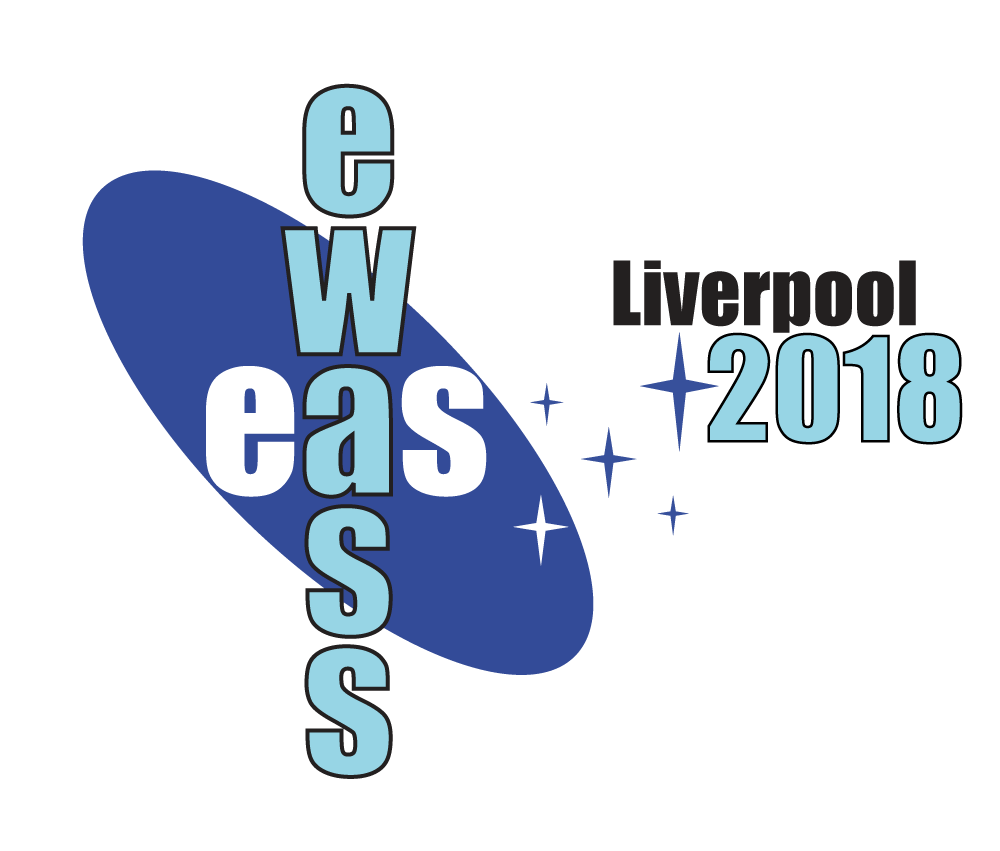
 A power cut will shut down all EAS services on Tuesday, 10 January 2017 starting at 7:30 CET.
A power cut will shut down all EAS services on Tuesday, 10 January 2017 starting at 7:30 CET.











